Bureaucracy Essay | Suitable For All Class
-

- Abdul Aouwal
- May 21, 2024
- 3 min Read
- 0 comments
Introduction: Bureaucracy is the government conducted by paid officials. It is to conduct its functions in every section. Bureaucracy in its most general sense describes a way of organizing the activities of an institution so that it functions efficiently and impersonally.
Its functions: To function well in every nation as well as the govt. has three sections of her government: the executive, the legislative, and the judiciary. The legislative predominantly comprises of politicians. The executive has both the politicians and the civil servants or bureaucrats. The judiciary is a purely bureaucratic organization. So it is manifested that the bulk of the government of a country comes from the civil servants or bureaucrats.
If this criterion of the bureaucracy could be implemented, a state would become the most ideal one. But most countries in the world have a bureaucracy which the people call white elephant, reprimand for its red-tape procrastination and lack any respect for its activities.
Various Theorists: There are many theorists of bureaucracy. Max Weber was the most famous among them. He and most other subsequent writers characterized bureaucracy by a set of basic organizational principles. According to Weber the office-holders or bureaucrats in an institution are placed in a clear hierarchy.
This hierarchy represents the strictest chain of command. The bureaucrats are salaried officials. Their only reward comes from the salary and not directly from their office. Their authority stems entirely from their role and not from some private status. The authority of a bureaucrat exists only in, and as far as it is needed to carry out their role. The appointments to bureaucratic positions are determined by tests of status or patronage.
Strict rules exist on the basis of which bureaucrats make their decisions so that personal discretion is minimized. The bureaucratic institutions collect detailed records and operate on the basis of a technical exercise. The above criteria of bureaucracy describe the finest set of rules for bureaucrats. Max Weber saw bureaucracy as a necessary development of the modern world.
His bureaucracy is developed along with shifting from a "traditional" towards a predominately rational-legal orientation in all aspects of social life. Institutions as diversas churches. legal systems etc. are bureaucratized in the west, as well as the government department and large-scale industrial concerns. He thought socialism with its planned economy, to be essentially bureaucratic he expected a form of what we would now call state capitalism to become dominant over the developed world.
Since Weber's day, it has become increasingly clear that this "ideal" type of bureaucracy seldom exists and is not necessarily more efficient than others when it does. However, Weber's is still the best characterization of how large-scale institutions operate much of the time. The spread of leading a bureaucratic state will produce essentially similar societies regardless of whether they are officially capitalist or communist.
Max Weber and many later social theorists argued that political systems would become similar as they all underwent a process of increasing bureaucracy. According to this theory, the special suitability of bureaucratic forms of administration for running complex and large-scale organizations will develop a bureaucratic state.
A Pejorative Sense: The pejorative sense of bureaucracy describes the institutions full of small-minded time-servers. These people are indifferent to the public and incapable of taking initiative. The corruption in bureaucracy largely relies on the political part of the government. During the cold war, in many Asian, African, and Latin American countries military took over the state power.
The inexperienced military had to compromise with the bureaucracy. Such symbolism of the military and civil bureaucrats degenerates corruption, nepotism, and lack of transparency in state affairs. When the military went back to the barracks in these countries, politicians superseded them. These politicians were experts at street movement, protest, and violence but lack the essential education, courage, and vision to provide a good-governance for their people.
Such politicians have to depend on bureaucrats in key policy-making decisions. So it is obvious that it is bureaucrats who really pull the strings in such governments. It is believed that if only the political part of the government of a poor country were honest enough, all sorts of corruptions and ill-practices done by the bureaucrats would be wiped out.
Conclusion: Theorists of political science and social sciences set rules for bureaucracy which would be efficient and noncommittal. They tend to ignore its pejorative sense and refer it only to á corrupt manifestation of a useful general principle for organizations of efficient goal-oriented human interaction.


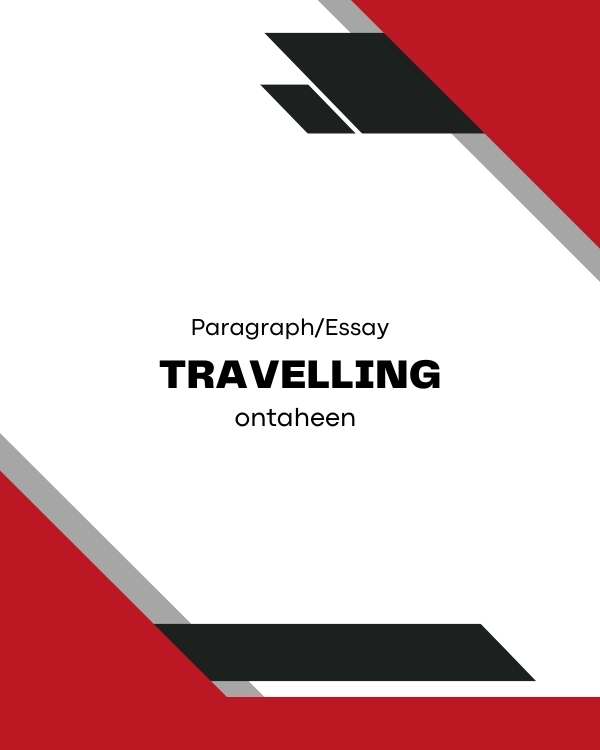
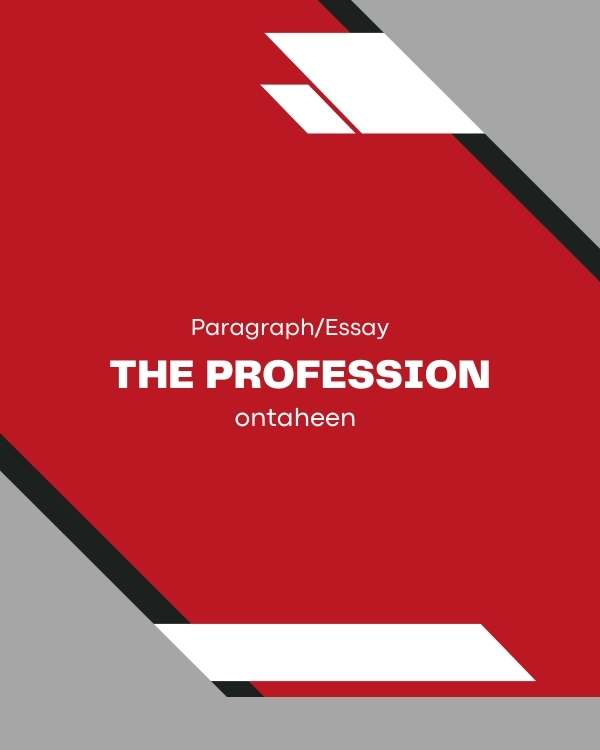
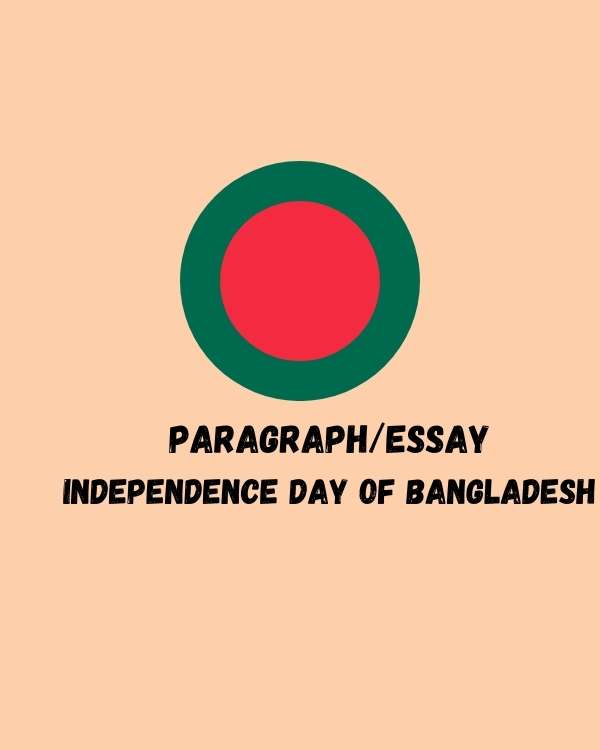
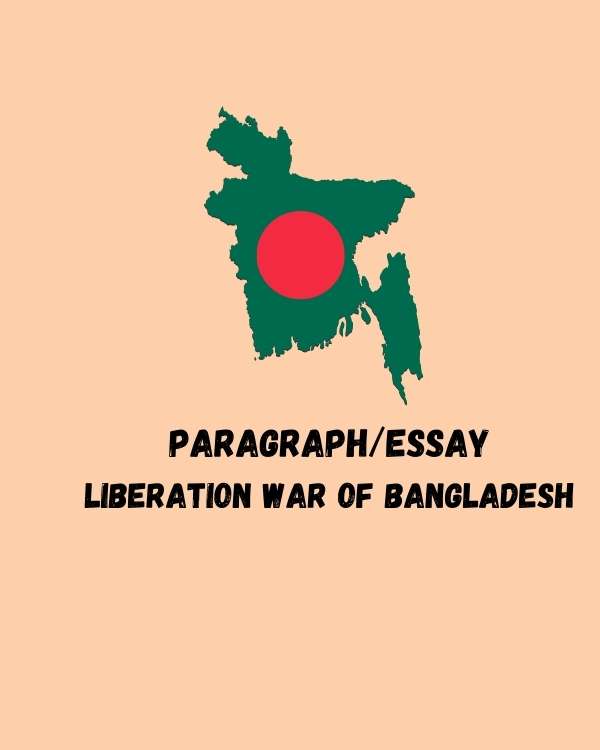


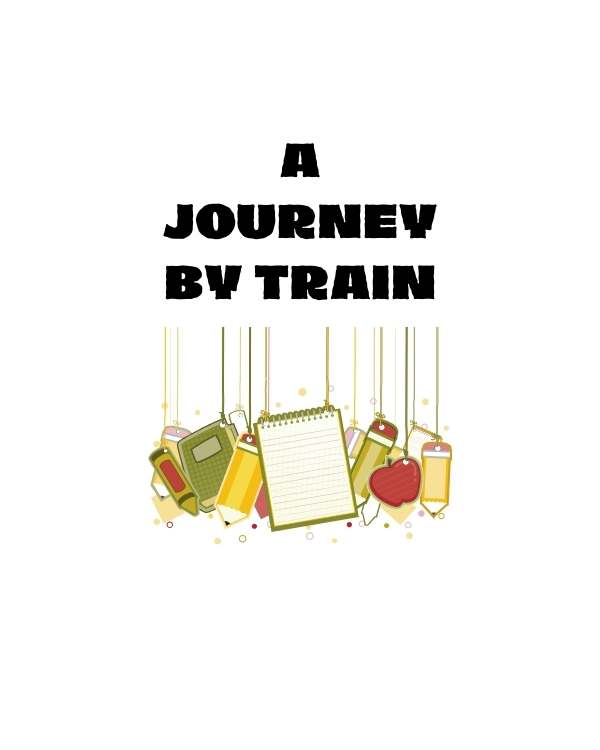
0 Comments